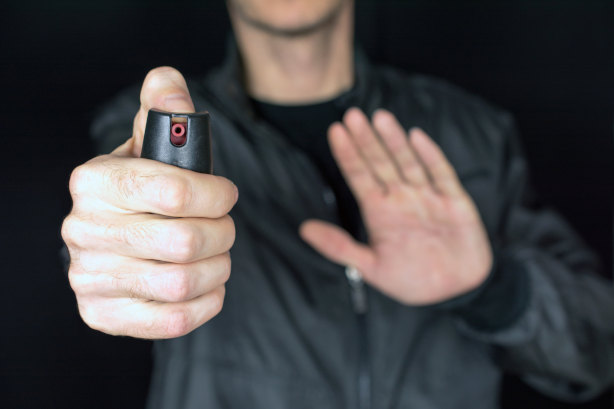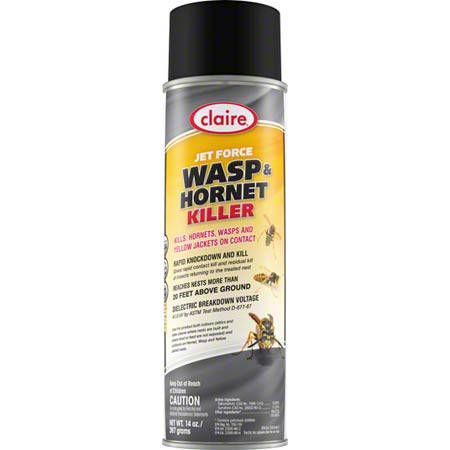Wasp Spray Self Defense: Why Pepper Spray Wins Every Time

Thinking about using wasp spray for self defense? You’re not alone—hundreds of people search for it monthly. But before you grab that can off the shelf, let’s break down why pepper spray is the smarter, safer, and legal choice for personal protection. At TBOTECH, we’re here to set the record straight and equip you with the best tools for your safety.
Wasp Spray for Self Defense: The Myth Debunked
Wasp spray might seem like a handy weapon—it’s cheap, easy to find, and shoots a long stream. But here’s the catch: it’s not designed for self defense, and using it could land you in trouble. Here’s why you shouldn’t use wasp spray for self defense:
- Danger to Humans: Wasp spray contains pesticides like pyrethroids, which can cause serious harm if misused. Searches like "dangers of wasp spray to humans" show people are worried—and they should be. It’s not formulated to stop an attacker safely.
- Legality: Wondering, "Is it legal to use wasp spray for self defense?" In many states, using it against a person is considered misuse of a pesticide, which can lead to fines or worse. Pepper spray? Legal in most places with clear self-defense laws.
- Effectiveness: Wasp spray isn’t tested for stopping humans—it’s made for bugs. Pepper spray, on the other hand, delivers a proven, incapacitating burn to an attacker’s eyes and lungs.
Bottom Line: Wasp spray for home defense or personal protection sounds clever, but it’s a risky gamble.

Pepper Spray vs. Wasp Spray: The Showdown
Let’s compare wasp spray vs. pepper spray head-to-head:
- Purpose: Wasp spray kills insects; pepper spray stops attackers.
- Range: Wasp spray can reach 20+ feet, but pepper spray’s 10–12 feet is plenty for self-defense scenarios.
- Safety: Wasp spray’s chemicals pose unknown risks to humans (think "wasp spray in eyes" or "can wasp spray blind you"). Pepper spray is designed for temporary, non-lethal effects.
- Ease of Use: Pepper spray comes in compact cans, keychains, and visors—perfect for quick access. Wasp spray? Bulky and awkward.
Winner: Pepper spray, hands down. It’s why searches like "wasp spray vs pepper spray" lead people to this conclusion—and to TBOTECH.
Why Choose Pepper Spray for Self Defense?
Pepper spray isn’t just better than wasp spray—it’s the gold standard for personal protection. Here’s why:
- Proven Power: A quick spray causes intense burning, coughing, and temporary blindness, giving you time to escape.
- Portable: From keychain pepper spray to auto visor models, it fits anywhere.
- Legal & Safe: Made for humans, not bugs, and backed by self-defense laws in most states.
Still tempted by "best wasp spray for self defense" ideas? Skip the risk and go with a tool designed for the job.
Got Questions About Wasp Spray Self Defense?
- What does wasp spray do to humans? It’s unpredictable—possible irritation, breathing issues, or worse. Pepper spray’s effects are controlled and temporary.
- Can I use wasp spray for self defense? Technically, yes, but legally and practically, it’s a bad idea.
- Wasp spray for home defense? Stick to pest control—leave human defense to pepper spray.
Protect Yourself the Right Way with TBOTECH
Don’t roll the dice with wasp spray. For self defense, nothing beats pepper spray’s reliability and peace of mind. Ready to ditch the myths and gear up? Shop TBOTECH’s top-rated pepper spray options:
- Pepper Spray Keychains – Compact and car-ready.
- Police-Strength Pepper Spray – Maximum stopping power.
- Best Sellers – Find your perfect fit.
Stay safe—choose pepper spray today!
Add your comment now!
Post CommentRecent posts
-
03/12/2025Best Stun Guns for Self-Defense in 2025
-
03/11/2025How to Prevent Kidnapping – Top Safety Tips
-
03/11/2025What Do Rapists Look For? 10 Red Flags to Avoid
